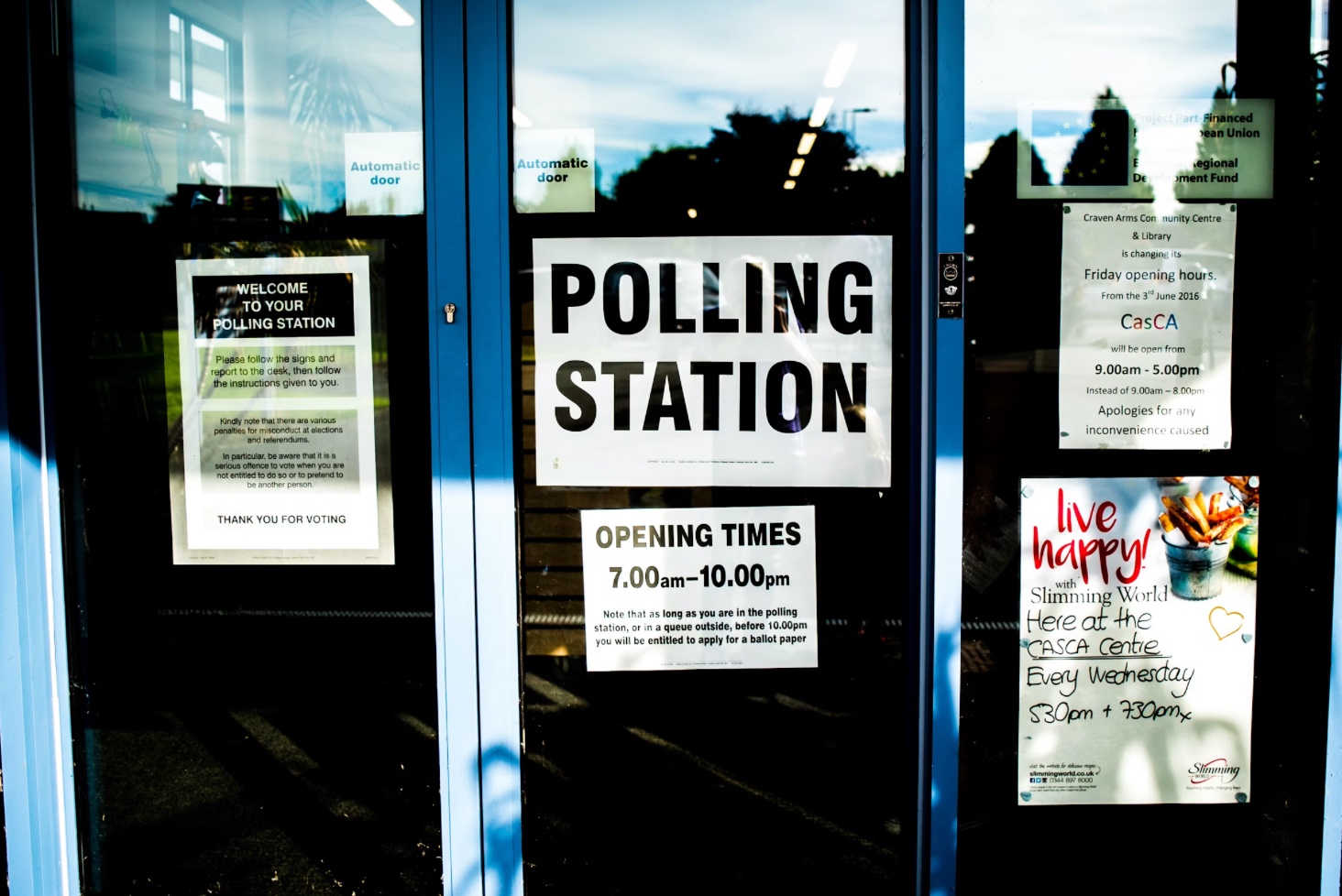How to Cope with Election Stress

There is no doubt that this has been one of the most polarizing election cycles in recent history, and with that has come a wave of stress, and frankly pure exhaustion, among Americans. The day many of us have been awaiting is coming next week but not without high anxiety, concern, and even fear.
If you are one of many feeling the stress of the upcoming election and how that may unfold, what can you do to keep your sanity and find some calm in the chaos?
The counseling staff at CW Psychological Services in King of Prussia, Pennsylvania, has compiled a list of tips to help you cope with election stress.
1.) Focus on what you can control.
We can’t control who is elected into office, but we can control how we vote. So, get out there and make an educated choice that sits well, or well enough, in your heart. If you feel passionate about a cause, consider volunteering for the causes that mean the most to you. Taking action in the ways you are able will help to give you some feeling of ownership and positive control.

2.) Separate the person from their viewpoints.
This election cycle, with its “us versus them” mentality, has taken a toll on many relationships. That is why it is important, especially with family and friends, to remind yourself that you can love someone without agreeing with them. You don’t have to understand why they view things the way they do. Love is built on much more than political views. There was likely a time in your life when you believed something differently than you do now, and had empathy for others. Remember your views are part of who you are, but they do not define you.
3.) Be mindful.
Before you engage in a political discussion with others, stop to consider what your goal is from the conversation. Are you going to change their mind? Is it worth potentially hurting this relationship? Is it truly necessary to have this conversation right here, right now? Acknowledge and validate any common fears, anxieties, and anger that you share with this other person. There are likely more commonalities than originally perceived.
4.) Set boundaries.
If politics are a source of stress for you, then set personal boundaries. Limit your exposure to news and social media to 30 minutes a day. Take mental and conversation breaks from politics. Talk about something more light-hearted or fun instead, contemplate things you are grateful for, or turn on some music and move. If a conversation feels like it is getting heated or doesn’t feel productive, permit yourself to walk away.
5.) Beware of disinformation.
Be mindful of where your facts are coming from. Ask yourself, “Is this a trusted and knowledgeable source?” Watch out for information coming from a place of anger or fear. There are a lot of people trying to change your mind right now, be careful. Seek out tools to clarify what is true and what is false.

6.) Treat others as you want to be treated.
If you wouldn’t want to be villainized, be careful to not villainize others. Do your best to remain civil and refrain from name-calling. Be a respectable human, someone who you would look up to, rather than someone you would be ashamed to know.
7.) Be curious.
It can be helpful to listen to what someone “on the other side” has to say. Truly listen and take stock of what they are saying, without turning to argument. Ask yourself what about this person’s background, culture, or life experiences might be causing them to lean this way. Consider what you can learn from this person.
Give Yourself Grace
Keep in mind the reason you are so stressed is ultimately because you care about society and the future of those you love. All of this anxiety, stress, and fear is built upon one thing — love. Love for others and love for our country and world.
If this election season is causing problems within your home or with your overall mental health, consider seeking help from a licensed mental health professional. He/she/they can help provide the tools you need to cope.
Ready to begin counseling in Pennsylvania?
Counselors and associate-level clinicians at CW Psychological Services are professionally trained. We have openings for online, or telehealth, therapy appointments. Email us at [email protected] or call (610) 308-7575. We are here for you.

